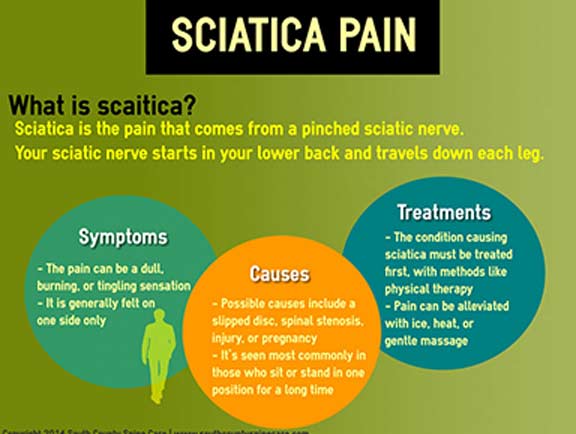Recognizing Nutrition'S Role In Pain In The Back Administration: Beneficial Foods And Foods To Avoid
Recognizing Nutrition'S Role In Pain In The Back Administration: Beneficial Foods And Foods To Avoid
Blog Article
Content Create By-Duus Lykke
When it concerns handling your pain in the back, the food options you make can significantly affect exactly how you feel daily. Envision being able to relieve your pain simply by adjusting what you consume. By understanding the role of nourishment in back pain monitoring and understanding which foods to include or avoid, you can take positive actions in the direction of a much healthier and extra comfortable way of life. The link between nutrition and back health is extra profound than you might understand-- let's check out just how certain foods can either soothe or exacerbate your pain in the back.
Significance of Nutrition in Pain In The Back
Nourishment plays an important duty in managing neck and back pain. Your diet regimen can substantially affect swelling levels and general discomfort levels in your back. Taking in a well balanced diet regimen abundant in nutrients like vitamins D and K, calcium, magnesium, and omega-3 fats can help in reducing inflammation and strengthen bones, which are important for back wellness.
Additionally, preserving a healthy and balanced weight through appropriate nourishment can relieve stress on your back, decreasing the threat of back pain.
Moreover, particular nutrients like antioxidants located in fruits and vegetables can aid deal with oxidative anxiety and advertise recovery in the body, including the back muscular tissues and spine.
On the other hand, eating too much amounts of refined foods, sugary beverages, and harmful fats can add to swelling and weight gain, exacerbating pain in the back.
Foods to Eat for Back Health
To sustain a healthy back, integrating nutrient-rich foods into your everyday meals is vital. Including foods high in antioxidants like berries, spinach, and kale can help in reducing swelling in your back, relieving pain and pain. click the up coming post -3 fatty acids found in fatty fish such as salmon and mackerel have anti-inflammatory residential or commercial properties that can profit your back health.
Additionally, eating nuts and seeds like almonds, walnuts, and chia seeds gives essential nutrients like magnesium and vitamin E, which sustain muscle mass feature and decrease oxidative stress and anxiety. Incorporating lean healthy proteins such as hen, turkey, and tofu can assist in muscle mass repair and upkeep, promoting a solid back.
Do not neglect to include milk or strengthened plant-based choices for calcium to sustain bone health and wellness. Lastly, moisten with lots of water to keep your spinal discs moisturized and working ideally. By including these nutrient-dense foods in your diet regimen, you can nourish your back and support total spinal health and wellness.
Foods to Avoid for Neck And Back Pain
Select avoiding refined foods high in added sugars and trans fats when seeking remedy for back pain. holistic health services acupuncture & massage, holistic health services, austin of foods can contribute to swelling in the body, which might aggravate back pain. Say no to sugary snacks like candy, breads, and sweet beverages, in addition to convenience food products like burgers, french fries, and fried hen that are typically filled with trans fats.
Additionally, avoid foods containing high degrees of refined carbohydrates, such as white bread, pasta, and pastries, as they can surge blood sugar degrees and potentially get worse inflammation in the body.
It's additionally a good idea to limit your intake of foods high in saturated fats, like red meat and full-fat dairy products, as they can contribute to inflammation. Processed foods like deli meats, chips, and packaged snacks are often high in saturated fats and need to be eaten in moderation.
Conclusion
Finally, taking note of your diet plan and making smart food options can have a substantial influence on taking care of pain in the back. By incorporating nutrient-rich foods like berries, fatty fish, nuts, and lean healthy proteins, and avoiding processed and sweet items, you can help reduce inflammation and support overall back wellness. Remember, what you eat plays a crucial duty in exactly how you feel, so see to it to prioritize your nourishment for a healthier back.
